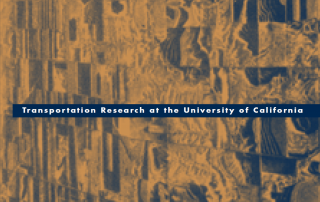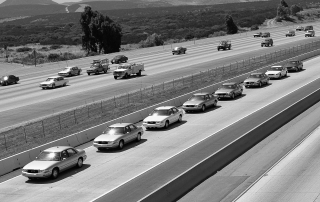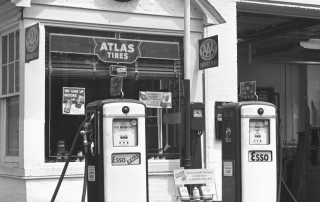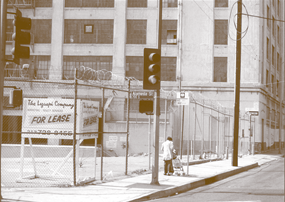ACCESS 16, Spring 2000
Editorial: Surprises
Melanie Curry
Transportation is a field in which everyone is an expert. If we’re bus riders, we know where to catch the bus, which one to take, and what’s wrong with the service. Motorists know how to start the car, how to fill it up, and maybe even how to fix it. And there’s one topic on which everybody is an authority: traffic.






